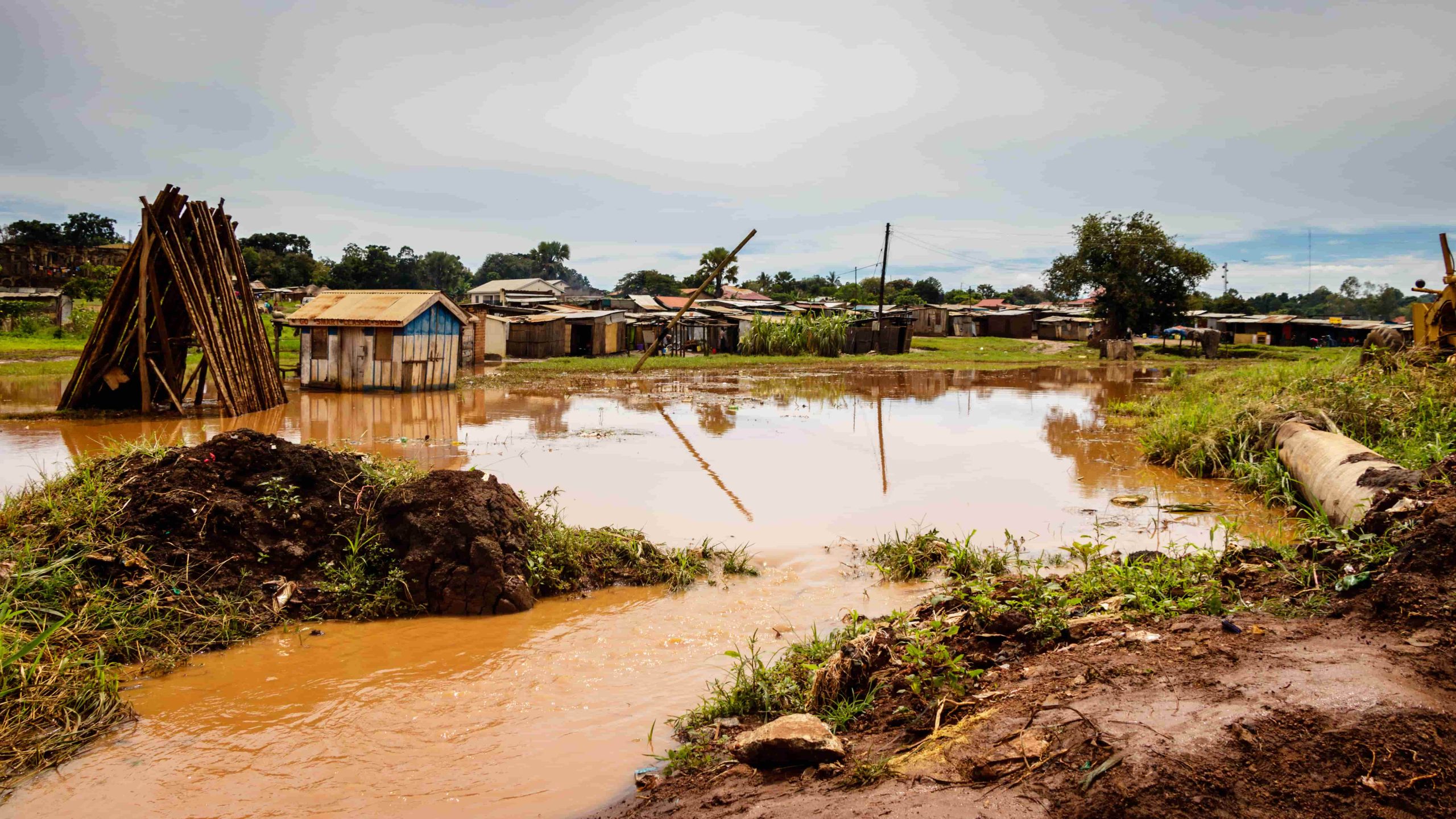The Government of Uganda has officially gazetted all wetlands in the country, recognizing their critical role in protecting communities from climate change and providing essential benefits for millions.
Every February 2nd, nations worldwide join hands in celebrating World Wetlands Day, a momentous occasion dedicated to recognizing the pivotal role that wetlands play in sustaining our planet’s health. This annual event marks the anniversary of the adoption of the Ramsar Convention on Wetlands in 1971, an international treaty designed to protect these invaluable ecosystems. This year, the global theme revolves around the interconnectedness of wetlands and human well-being, with national celebrations taking place in Gulu City.
As we commemorate World Wetlands Day, it’s crucial to delve into the history of wetlands and highlight their immense importance for the environment and humanity. Wetlands, encompassing marshes, swamps, bogs, and estuaries, have evolved over millions of years into complex ecosystems supporting a diverse array of plant and animal life. Historically viewed as wastelands subject to drainage, wetlands gained global recognition for their ecological significance, leading to the establishment of the Ramsar Convention.
Named after the Iranian city where it was adopted, the Ramsar Convention is an international treaty committed to the conservation and sustainable use of wetlands. With support from over 170 countries since its inception in 1971, the convention underscores the global dedication to preserving these vital ecosystems. Emphasizing the importance of wetlands in maintaining biodiversity, regulating water flow, and providing essential ecosystem services, the treaty plays a crucial role in safeguarding our planet’s health.
Often referred to as the “kidneys of the Earth,” wetlands possess a natural ability to filter and purify water. Acting as sponges, they absorb and store excess rainfall, reducing the risk of downstream flooding. Moreover, wetlands serve as crucial habitats for a diverse range of plant and animal species, contributing to biodiversity conservation and ensuring the survival of numerous rare or endangered species.
Wetlands play a pivotal role in mitigating climate change by acting as significant carbon sinks, sequestering large amounts of carbon dioxide and other greenhouse gases. The draining or degradation of wetlands releases stored carbon into the atmosphere, contributing to global warming. Protecting wetlands is thus essential for combating climate change and promoting environmental

supperadmin
December 11, 2023Finanappreciate your trust greatly Our clients choose dentace ducts because kn ow we are the best area Awaitingare really.